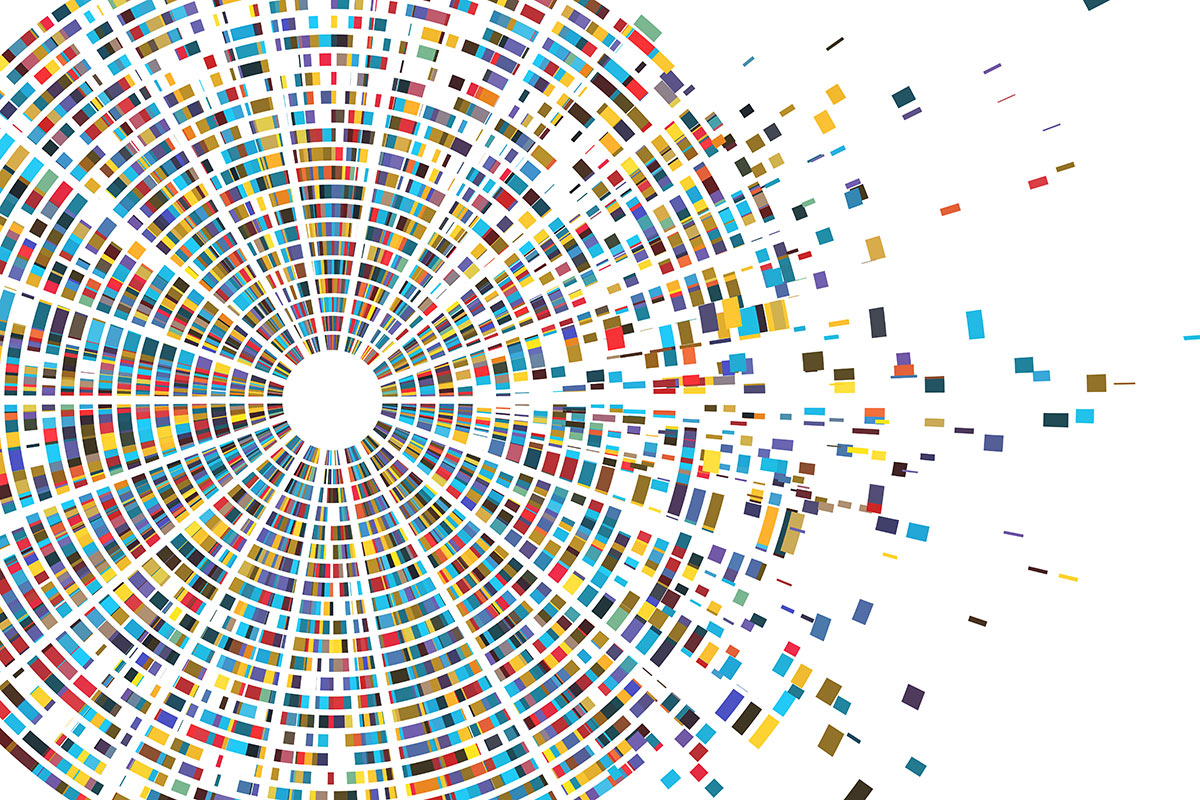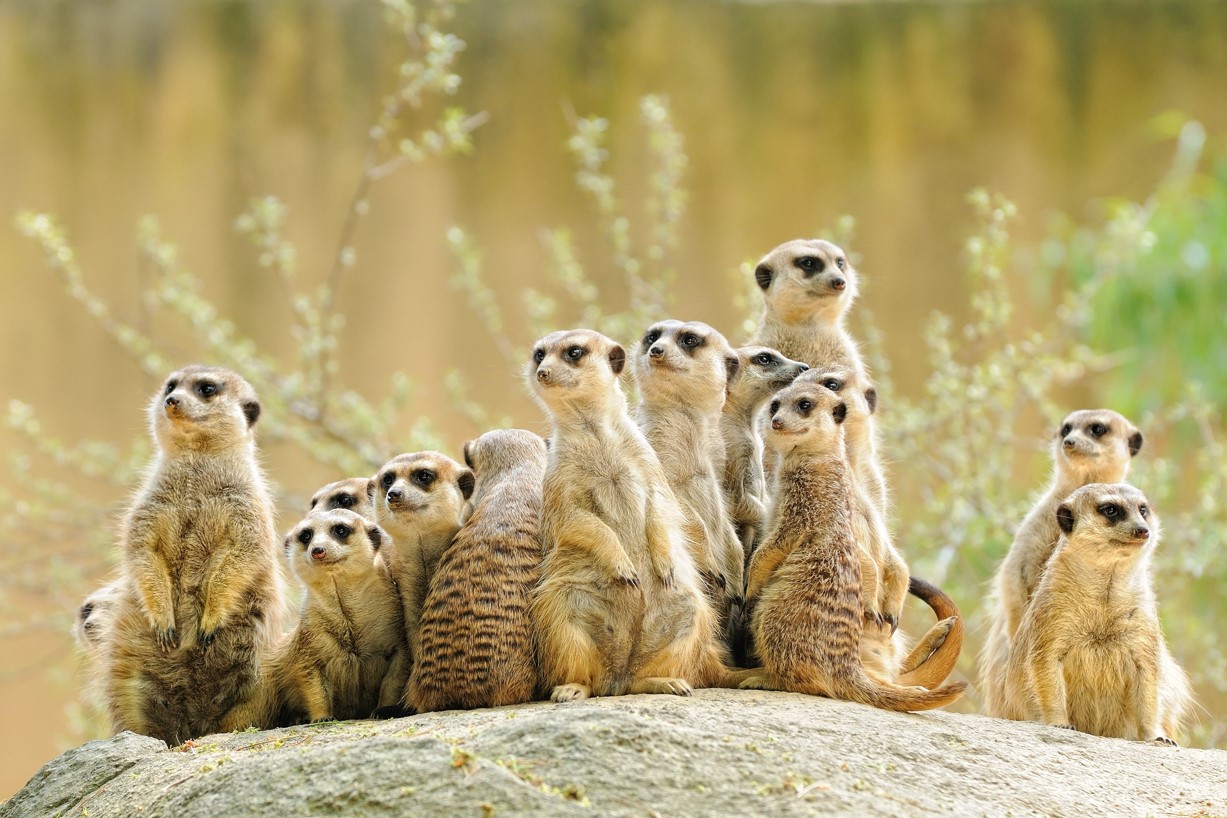The Institute of Evolution is the largest theoretical evolutionary biology scientific centre in Hungary, with research interests spanning all levels of biological organisation. We investigate the origin of life, transitions in evolution involving large increases in complexity (including the origin of human language and cooperation), evolutionary aspects of neural networks, the relationship between learning and evolution, and evolutionary-ecological processes, with a particular focus on the dynamics of emerging infectious diseases under the impact of climate change.
Priority Areas
- Chemical evolutionary processes before the appearance of life.
- The appearance of life on Earth, the study of processes leading to the first protocells.
- Modelling evolutionary steps involving major increases in complexity.
- Modelling the co-evolution of cooperation and communication at different levels of organization from bacterial communities to human societies.
- Investigating the mechanisms that maintain human and animal cooperation.
- Cooperation and competition in microbial communities, evolutionary ecology of microbiomes.
- Evolutionary ecology and behavioural ecology of parasites and pathogens.
- Evolutionary study of the coexistence of hosts and internal parasite species.
- Effects of climate change and environmental degradation on emerging pathogens, prevention options, the application of the DAMA (Document, Assess, Monitor, Act) protocol
- Epidemiological and ecological study of arthropod vectors, mainly ticks and of the pathogens they transmit.
- Evolutionary processes working on neural networks, and the study of the relationship between evolution and learning.
Priority publications
Davín, A.A., Woodcroft, B.J. Soo, R.M., Benoit Morel, B., ..., Szöllősi, G.J. A geological timescale for bacterial evolution and oxygen adaptation Science 388:eadp1853
2025
Morel B.; Williams T.A.; Stamatakis A.; Szöllosi G.J. AleRax: a tool for gene and species tree co-estimation and reconciliation under a probabilistic model of gene duplication, transfer, and loss BIOINFORMATICS, 40 : 4. Paper: 162 (2024)
2024
Czárán Tamás; Scheuring István; Zachar István; Számadó Szabolcs. Cue-driven microbial cooperation and communication: evolving quorum sensing with honest signaling BMC BIOLOGY, 22 : 1. Paper: 73 (2024)
2024
Károlyi Adél; Scheuring István. Cooperation in public goods game does not require assortment and depends on population density JOURNAL OF EVOLUTIONARY BIOLOGY, Paper: voae029 (2024)
2024
Paczkó Mátyás; Vörös Dániel; Szabó Péter; Jékely Gáspár; Szathmáry Eörs; Szilágyi András. A neural network-based model framework for cell-fate decisions and development COMMUNICATIONS BIOLOGY, 7 : 1. Paper: 323 (2024)
2024










